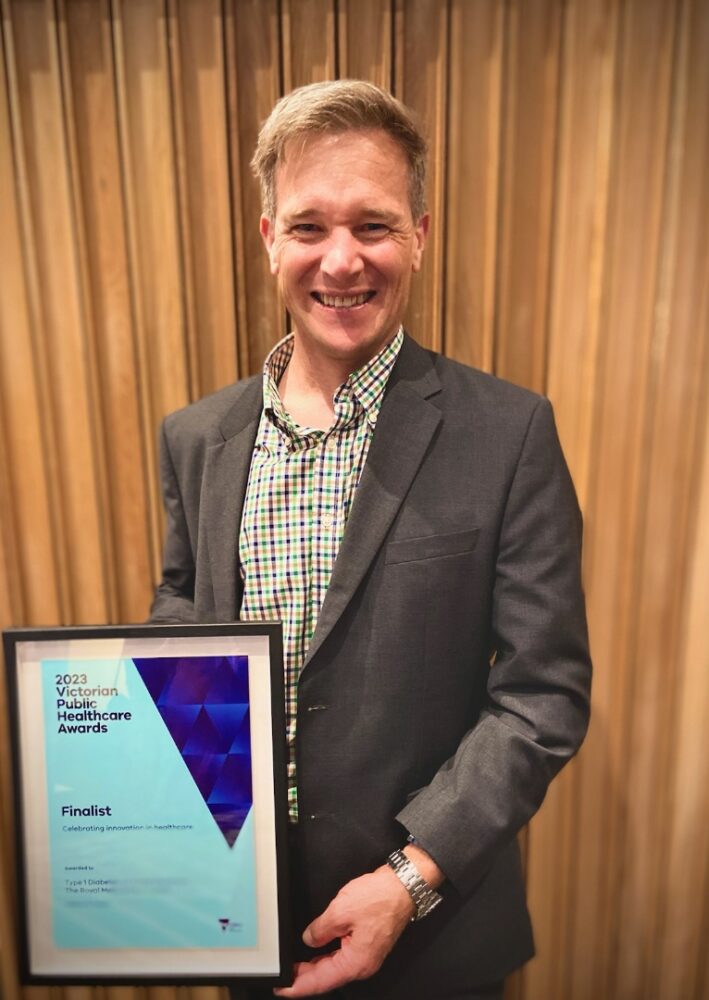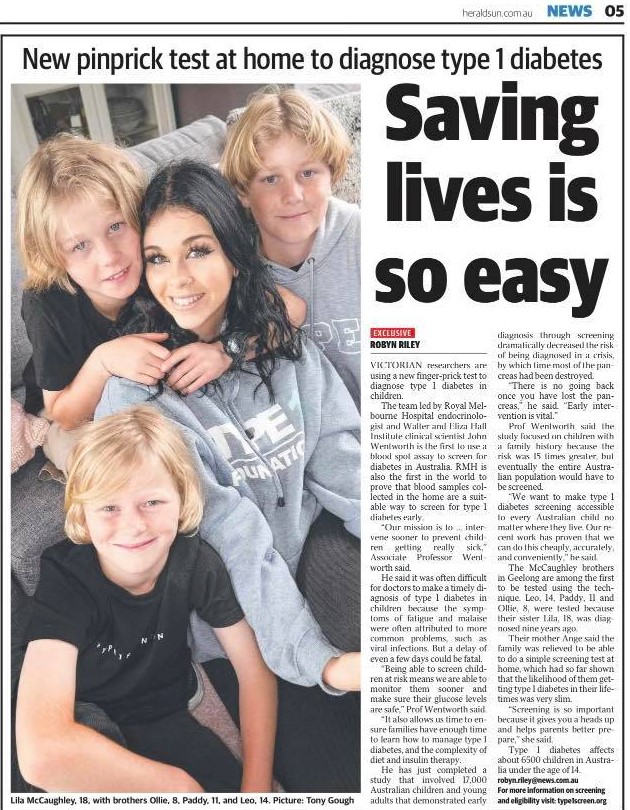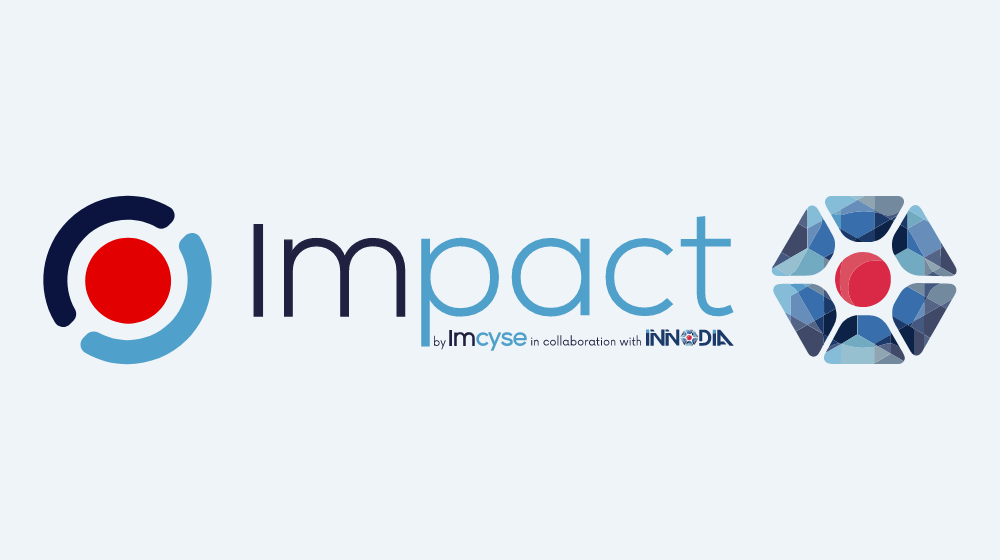
Thanks to JDRF!
Sincere thanks to JDRF for funding an additional year of Type1Screen operations.
With this funding we aim to:
- ensure 1000 family members of those diagnosed with type 1 diabetes are screened over the next 12 months, and
- facilitate participation in the latest international monitoring guidelines for those identified to be in early stage type 1 diabetes (stage 1 – where islet autoantibodies signal an attack on the insulin producing cells of the pancreas; and stage 2 – blood glucose levels become erratic).
Click here to access the June 2024 “Consensus guidance for monitoring individuals with islet autontibody positive pre-stage 3 type 1 diabetes.” This consensus report was endorsed by JDRF International.










